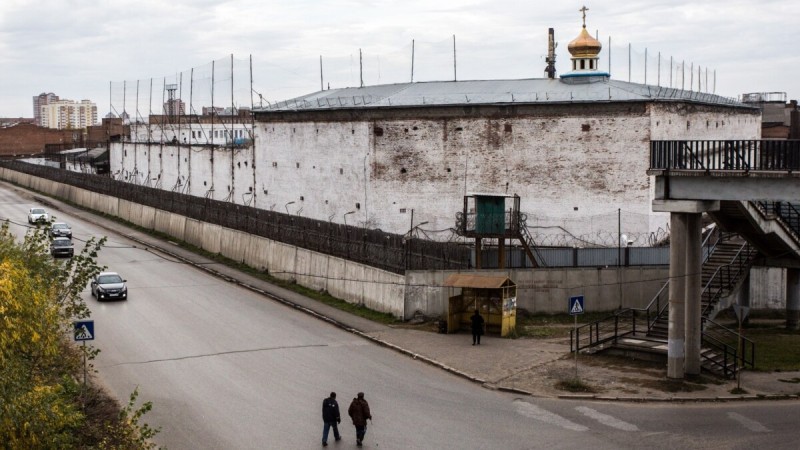The 41-year-old journalist and one of Kremlin’s fiercest critics was placed in the IK-6 penitentiary colony in Omsk, southwestern Siberia.
The Moscow City Court sentenced Kara-Murza to seven years in prison for spreading fake news, three years for connection with an undesirable group, and the remainder of the term for high treason.
Furthermore, Kara-Murza, who became a British citizen when he was 15 years old, was fined 400,000 rubles (US$4,198), barred from working as a journalist for seven years after serving his sentence, and will have restricted movement for six months upon his release.
Kara-Murza, who was a close associate of the murdered Russian opposition leader Boris Nemtsov – assassinated in Moscow in 2015 – himself survived two poisoning attempts, in 2015 and 2017.
As soon as the sentence was delivered, numerous foreign countries and organizations, including the United States, the United Kingdom, the United Nations, the European Union, and Amnesty International, publicly denounced the verdict and urged his immediate release.
Authorities in the U.S. and the U.K. even imposed sanctions on those implicated in Kara-Murza’s prosecution.
The U.S. also identified three individuals under the Global Magnitsky Human Rights Accountability Act, which targets perpetrators of serious human rights violations and corruption worldwide.
Kara-Murza personally had played a key role in the events that led to the Magnitsky Act being passed by the U.S. Congress in 2012.



